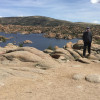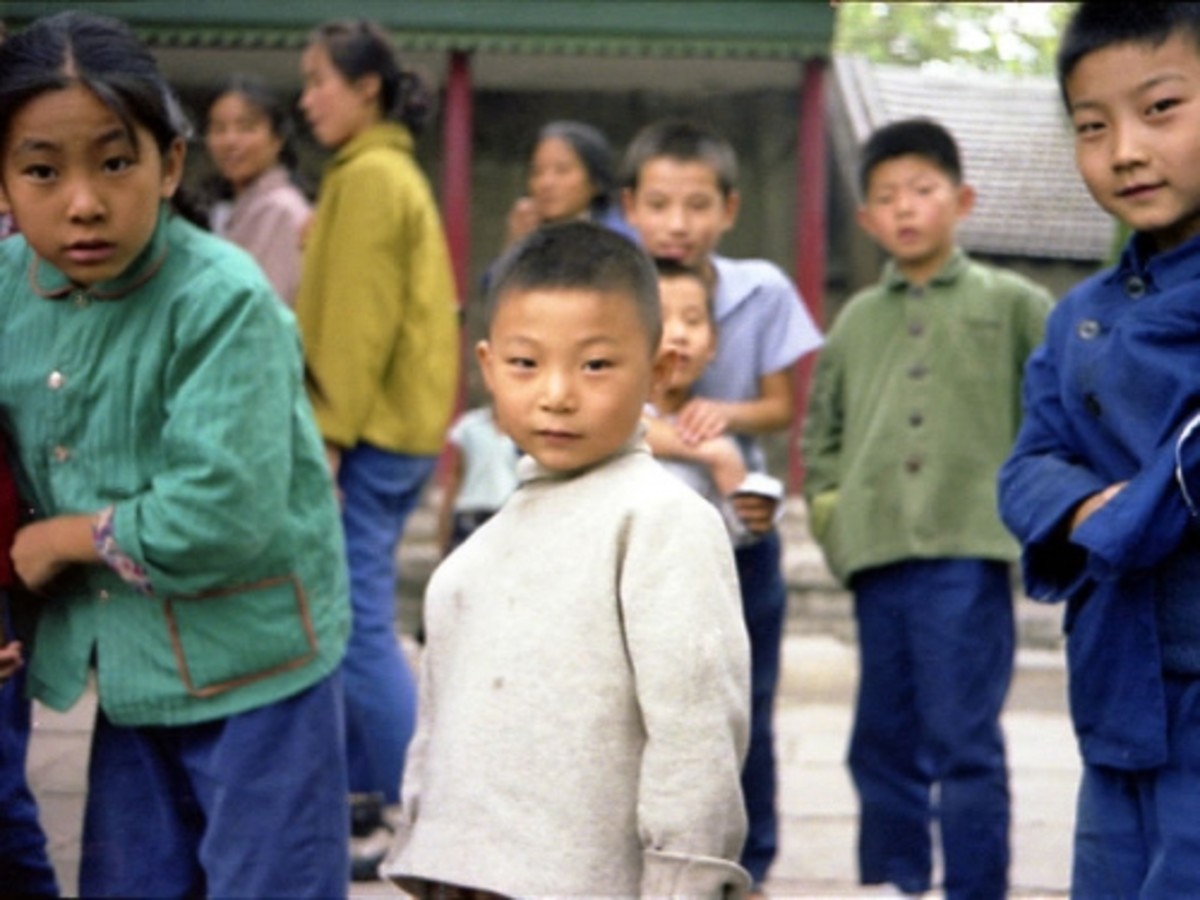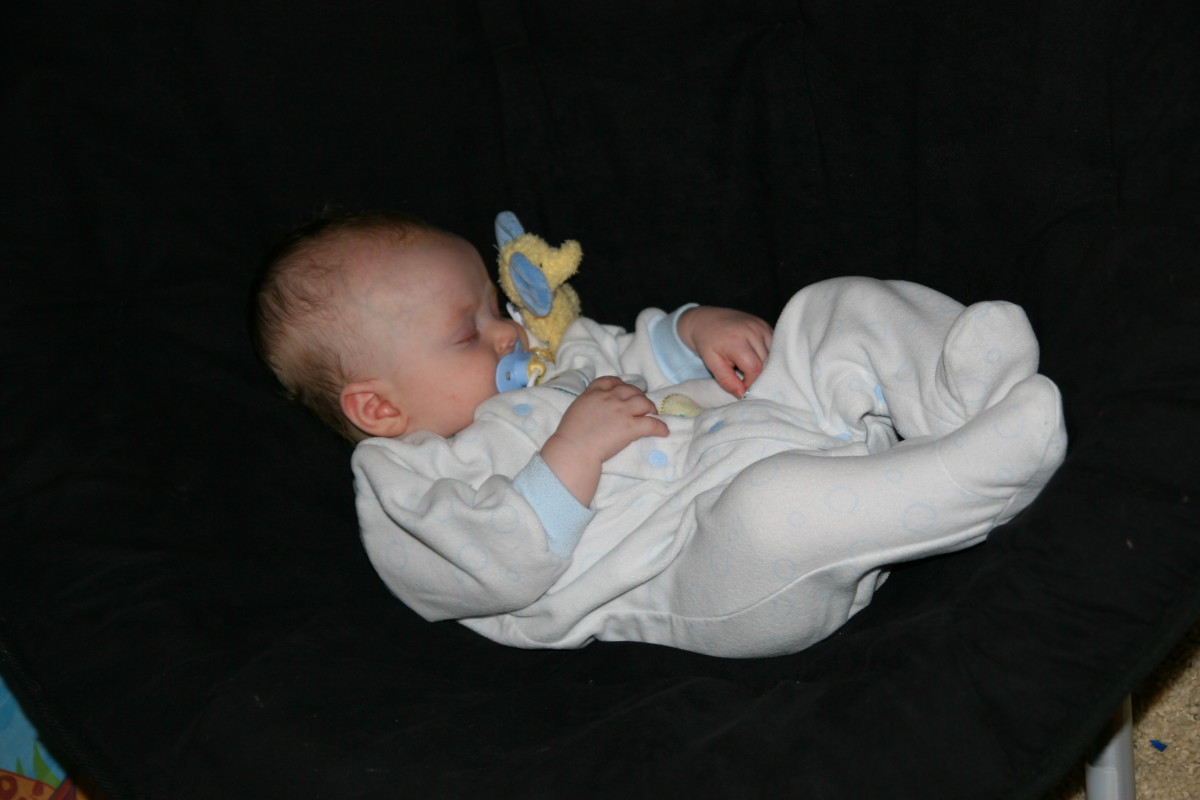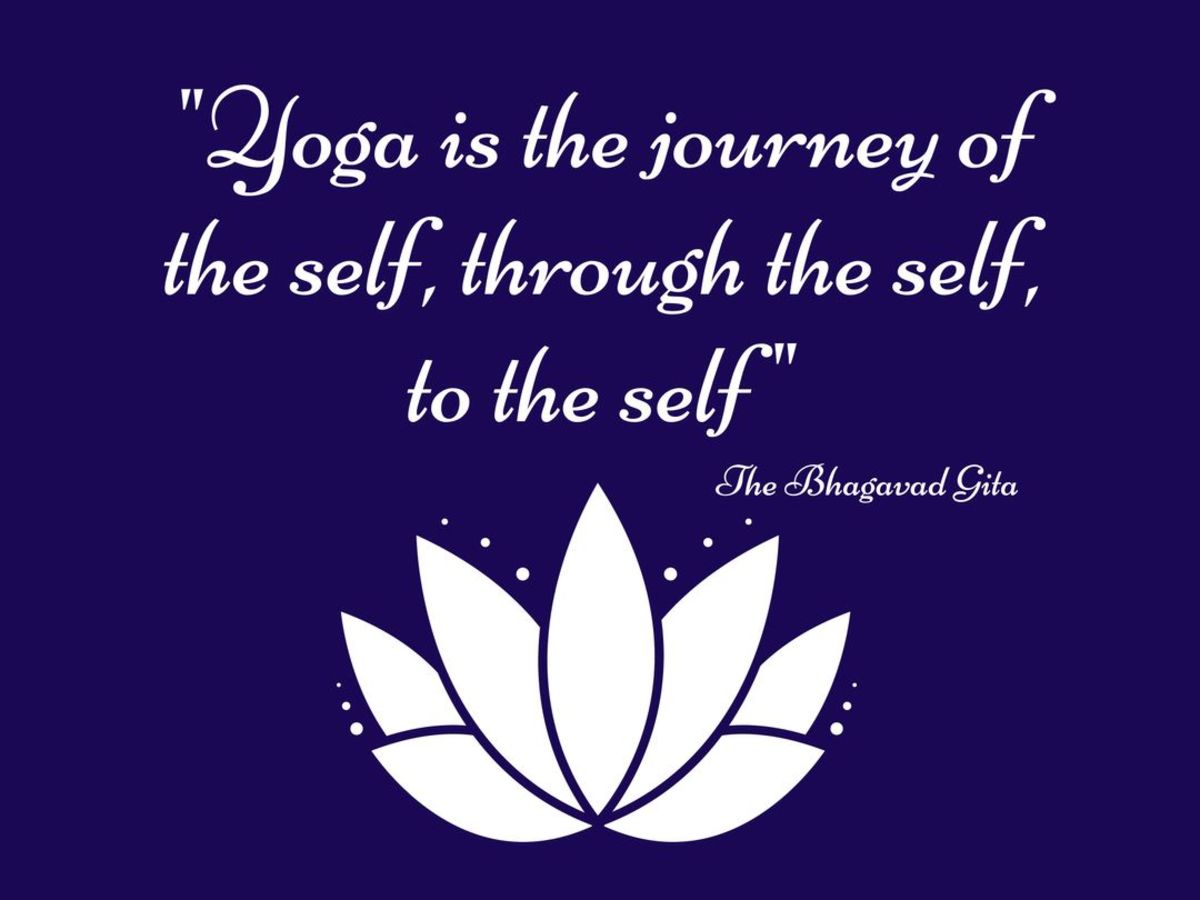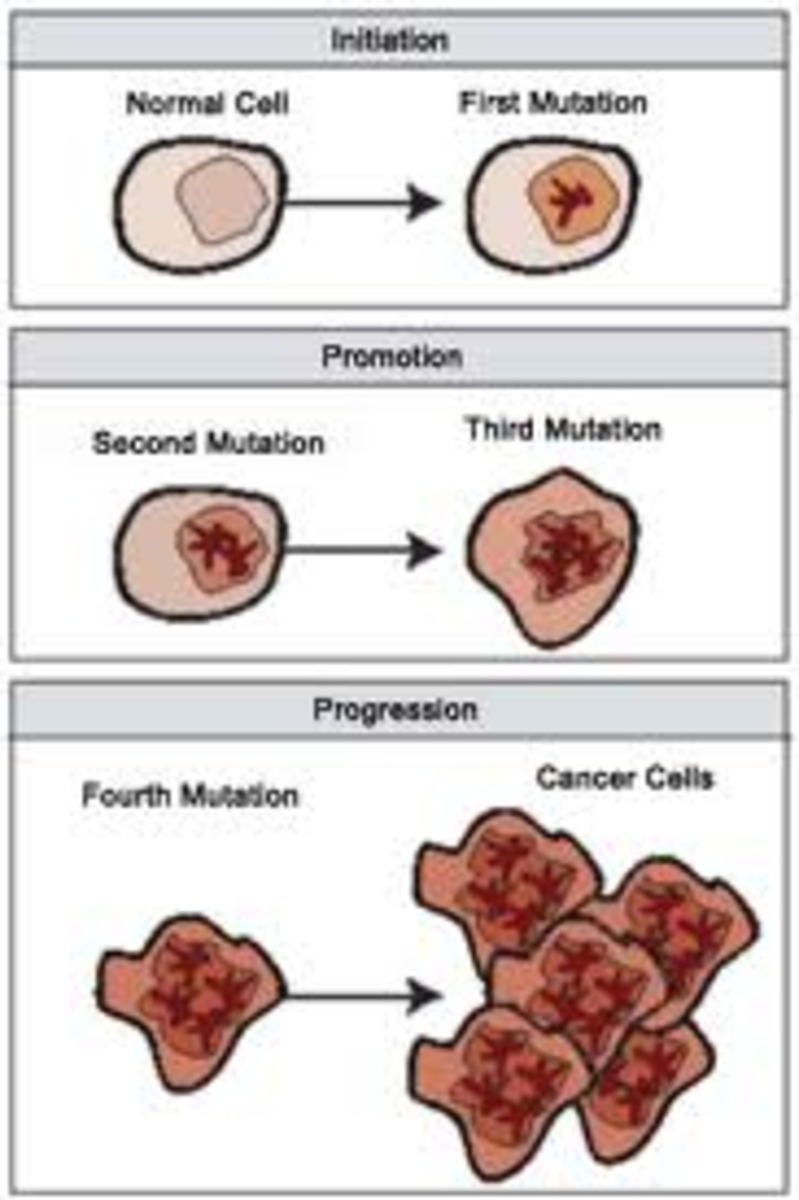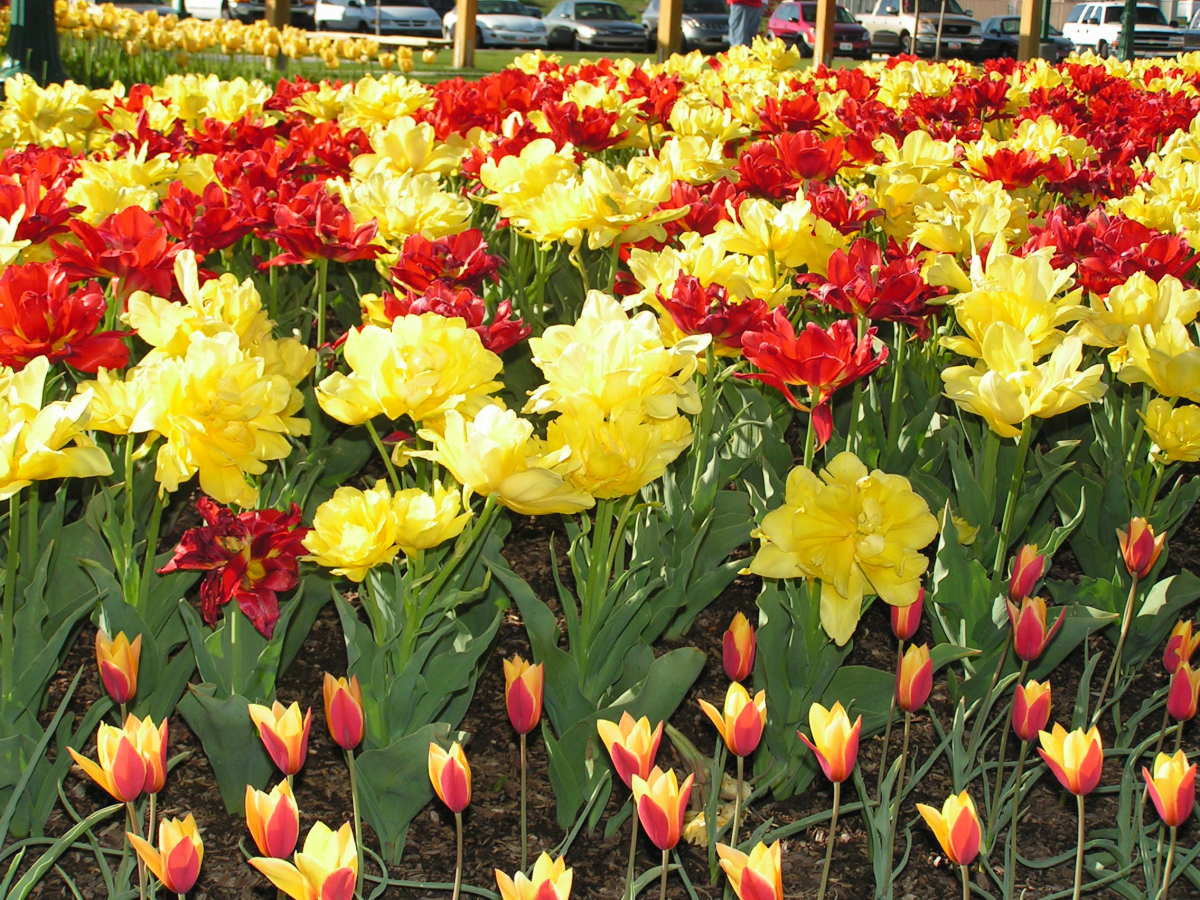- HubPages»
- Health»
- Quality of Life & Wellness»
- Personal Development
Are You - or Some of Your Children - an 'Emerging Adult'?
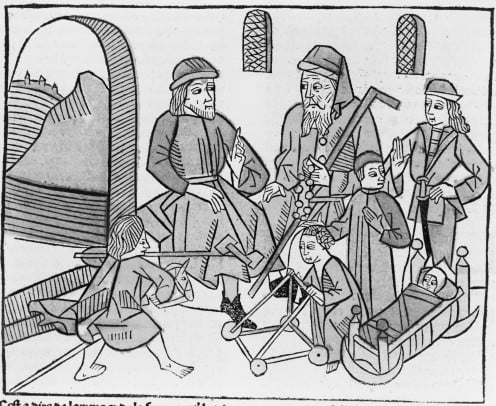
On the Stages of Human Life
It has long been customary, in Western culture, to partition the human life span into several stages, each characterized by distinguishing aspects of a behavioral, psychological, or sociological nature. Within limits, these stages are historically variable, being determined by the economic, social, and cultural conditions prevailing at any given period. Shakespeare, writing in the year 1600*, partitioned the course of human life (or rather man's life) into seven periods, rather sardonically caricatured:
All the world’s a stage,
And all the men and women merely players;
They have their exits and their entrances,
And one man in his time plays many parts,
His acts being seven ages. At first, the infant,
Mewling and puking in the nurse’s arms.
Then the whining schoolboy, with his satchel
And shining morning face, creeping like snail
Unwillingly to school. And then the lover,
Sighing like furnace, with a woeful ballad
Made to his mistress’ eyebrow. Then a soldier,
Full of strange oaths and bearded like the pard,
Jealous in honor, sudden and quick in quarrel,
Seeking the bubble reputation
Even in the cannon’s mouth. And then the justice,
In fair round belly with good capon lined,
With eyes severe and beard of formal cut,
Full of wise saws and modern instances;
And so he plays his part. The sixth age shifts
Into the lean and slippered pantaloon,
With spectacles on nose and pouch on side;
His youthful hose, well saved, a world too wide
For his shrunk shank, and his big manly voice,
Turning again toward childish treble, pipes
And whistles in his sound. Last scene of all,
That ends this strange eventful history,
Is second childishness and mere oblivion,
Sans teeth, sans eyes, sans taste, sans everything.
In recent years, the traditional segmentation of the human life span into childhood, adolescence, young, middle and late adulthood has been modified to accommodate a new stage of life: emerging adulthood.
Some interpretations of the various periods and transitions that characterize the life of the individual, such as the notion of a midlife crisis (largely discredited by empirical psychology) found their way into the collective consciousness. However, this new stage of human development, as I was able to confirm also through an informal polling of a number of people, is largely unacknowledged by the public at large. Accordingly, it may be worthwhile to spend a few lines describing it.
Emerging Adulthood, a New Stage of Life
Sweeping societal and demographic changes that have taken place in the post-industrial West over the past five decades have over time profoundly altered the characteristics of the age period between the late teens and the early twenties. Jensen Harnett**, a leading developmental psychologist, has played a fundamental role in fostering the now widely accepted view that as a result of these changes the age period of 18 to 29 years is to be regarded as a genuinely new stage of individual human development.
In essence, emerging adulthood is the time of life when the direction that one's existence will take is still largely undetermined and little about the future has been decided; when the exploration of life's possibilities ranges more broadly than at any other time of life; when it is still possible to remain largely self focused and open to alternative life styles.
To make the case for such a new stage, it is necessary to demonstrate that emerging adulthood is clearly distinguishable from both adolescence and young adulthood, the two periods that bracket it as markers of adulthood.
Emerging Adulthood Has Distinct Demographic Characteristics
A defining trait of emerging adulthood is that almost nothing is 'normative' during this period.
During adolescence, up to age 18, there is considerable uniformity in the way people live. The overwhelming majority of Western adolescents (age 12-17) live at home with one or more parents, are unmarried, childless, and enrolled in school. By age 30, new norms have been established; for instance, about three out of four young adults are married and are parents.
By contrast, from the ages of 18 to 29, the demographic status of people is very diverse, a reflection of the tentative, exploratory and unpredictable aspect of this stage of life. For instance, emerging adults experience the highest rate of residential change of any other age group.
School attendance is another domain in which the diversity among emerging adults is manifest.
Although the proportion of emerging adults entering higher education right after high school is the highest ever in both North America and Europe, only about half of these young people complete four years of college right away. Many of them pursue their post secondary education in a roundabout way, by combining it with work, or by interspersing it with long period of non attendance. For those who do eventually complete a four year degree, graduate school is becoming an increasingly common option, which when exercised further extends the duration and the scope of their exploratory activities.
Emerging Adults Regard Themselves as Different from Other Age Groups
Even the youngest emerging adults feel they have left behind an however protracted adolescence. However, even the oldest among them do not see themselves as fully mature as yet. They feel adults in some respects, but not in others; only in their early thirties will they regard themselves as truly adult. Interestingly, the reason they so feel is not chiefly attributed to the fact that their career is unsettled, that they have not launched a family, that they lack a stable residence. Rather, certain subjective factors, such as the willingness to accept responsibility for one's life and to make independent decisions matter more to them as markers of adulthood.
Identity Exploration in the Areas of Love, Work and World View is a Key Defining Trait of Emerging Adulthood
What sets apart emerging adulthood from other stages of life is that it grants people unusual opportunities to explore their identity in key areas such as relationships, career, and worldviews.
Adolescents regard dating as primarily recreational in character, an opportunity for companionship, short lived romantic experiences, and sexual play. Emerging adults on the other hand are more focused on achieving emotional and physical closeness with another person. Their relationships last longer, are fully sexual, and may lead to cohabitation. As noted, the majority of young adults are instead married with children, and face the problems associated with family life.
With regard to work, most adolescents approach it as a way to support their recreational activities. Emerging adults see their work experiences as a preparation for adult work. They explore a variety of possible occupational paths, trying to establish which kind of work they may be good at and is best suited to their personality; which professional activities they find most satisfying; what opportunities for career advancement and financial reward are afforded by different career options, etc. By contrast, a majority of young adults are already in a relatively stable occupational path.
Changes in worldviews play a significant role during this period. The impact of a college education, with its exposure to a variety of world views, often leads them to question the belief system they inherited from their parents, and in a significant number of cases this exploration results in the adoption of a different set of beliefs.
Being an Emerging Adult ain't Easy
These explorations are neither easy nor always enjoyable. Romantic relationships often end in disappointment or rejection. Work explorations just as frequently reveal the difficulties associated with finding a work which is personally fulfilling, enjoyable, and financially rewarding. The rejection of long held beliefs about the world not infrequently ends in their abandonment without having found an alternative world view strong enough to sustain and direct their future life.
The complex and demanding nature of this period is rendered even more challenging by the fact that it is conducted with limited external support. Surprisingly enough, emerging adults spend more time alone than any other age group beside the elderly.
Large numbers of emerging adults share a rather pessimistic view of the state of the world; yet, paradoxically, they also believe that they themselves stand a very good chance of actualizing their most cherished hopes.
Does this characterization of the 18-29 age period match your own experience or your impression of people in this age group?
Other aspects of Emerging Adulthood
Emerging adults show yet more traits and behaviors that further differentiate them from people at other stages of life. For instance, the propensity to engage in risky behaviors, such as substance abuse, unprotected sex, reckless driving, dangerous sports and activities, violent behavior, etc peaks during this stage of life. It has been suggested that this is the case because they wish to experience life at its fullest before settling down into 'respectable' adulthood, with its burden of responsibilities toward others.
Family relationships are often problematic. Indeed, some data suggest that the quality of the emerging adults' relationship with their parents and relatives is inversely related to the amount of personal contact.
Emerging Adulthood Is Not Universally Experienced
As noted, this stage of life is specific to highly industrialized or post industrial Western societies, which require a level of education and skill which compels their young people to remain in school well into their twenties. This in turns induces most of them to delay marriage and parenthood, and enables the kind of explorations previously outlined.
Even within these societies, individuals limited by education (e.g., high school dropouts), level of income or life circumstances (e.g., poor single parents) may not be able to experience this stage of life. Also, members of some minority cultures may choose to follow cultural norms that limit or impede their access this stage of life.
In the case of developing economies, young people in urban areas of are much more likely to experience emerging adulthood, because like their Western counterpart they marry later, have children later, obtain more education, and have a greater range of occupational opportunities than young people in rural areas.
Emerging adulthood is likely to become more diffuse worldwide in the forthcoming decades due to the homogenizing effects of the globalization of the economy.
*William Shakespeare, As You Like It, Act II, Scene VII
**The reader who wishes to know more about this topic can do no better than read: Jeffrey Jensen Arnett, Emerging Adulthood: The Winding Road from the Late Teens through the Twenties, Second Edition. New York: Oxford University Press, 2014.
© 2015 John Paul Quester
